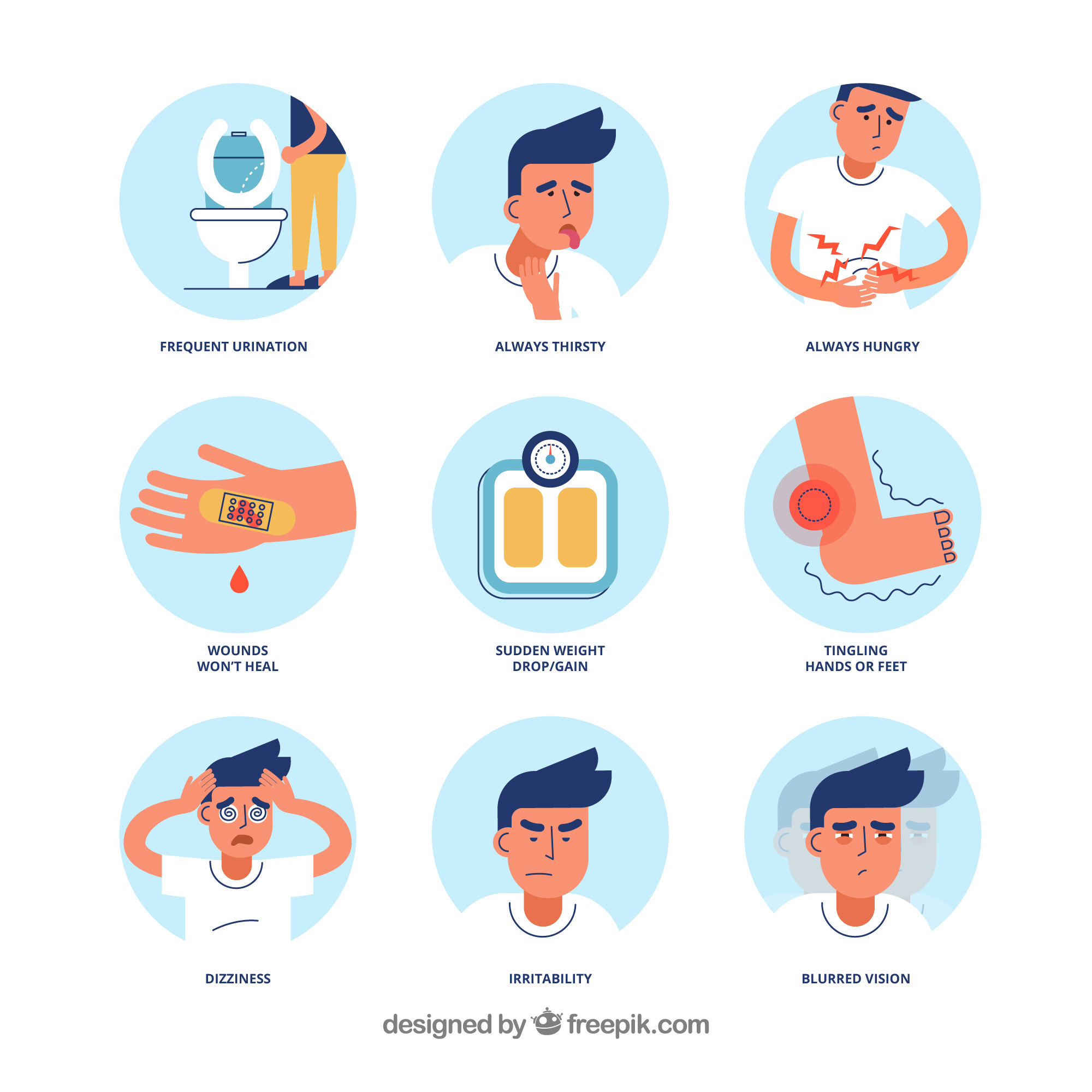
The Role of Hormones in Symptoms and Early Warning Signs of Type 1 Diabetes
Understanding Type 1 Diabetes: Symptoms and Hormonal Imbalances
Introduction
Recognizing the symptoms and early warning signs of Type 1 diabetes is crucial for timely diagnosis and treatment. Hormones play a significant role in the manifestation of these symptoms. In this blog, we’ll explore how hormonal imbalances contribute to the symptoms and early warning signs of Type 1 diabetes, using simple language.
What is Type 1 Diabetes?
Type 1 diabetes is a chronic condition where the body does not produce enough insulin, leading to high blood sugar levels. Insulin is a hormone that helps regulate blood sugar by allowing glucose to enter cells for energy. When the immune system attacks and destroys insulin-producing beta cells in the pancreas, it results in insulin deficiency.
Recognizing Symptoms and Early Warning Signs
Understanding the symptoms of Type 1 diabetes is essential for early intervention. Common early warning signs include:
- Increased Thirst and Frequent Urination: Excess glucose in the blood leads to higher urine production, causing dehydration and increased thirst.
- Unexplained Weight Loss: Despite eating normally, individuals may lose weight because the body cannot use glucose for energy, leading it to break down fat and muscle for fuel.
- Fatigue and Weakness: Lack of insulin means glucose remains in the bloodstream, resulting in insufficient energy for daily activities.
- Blurred Vision: High blood sugar can lead to swelling in the lenses of the eyes, affecting vision.
- Increased Hunger: Without sufficient insulin, the body cannot utilize glucose, triggering hunger signals even after eating.
- Irritability and Mood Changes: Fluctuations in blood sugar levels can affect mood, leading to irritability and emotional instability.
The Role of Hormones in Blood Sugar Regulation
Insulin is not the only hormone involved in blood sugar regulation. Other hormones, such as glucagon and cortisol, also play roles. However, in Type 1 diabetes, the primary issue is the lack of insulin. Without enough insulin, glucose cannot enter the cells, causing blood sugar levels to rise. This hormonal imbalance results in the symptoms mentioned above.
Blood Sugar Fluctuations and Their Effects
Blood sugar levels can fluctuate significantly in individuals with Type 1 diabetes. When levels are too high (hyperglycemia), symptoms such as fatigue and irritability can occur. Conversely, low blood sugar (hypoglycemia) can lead to symptoms like confusion, irritability, and mood swings.
Understanding Hormonal Imbalances
Hormonal imbalances, particularly involving insulin, contribute to the symptoms and early warning signs of Type 1 diabetes. These imbalances disrupt the body’s normal functioning, making it vital for individuals to recognize signs that indicate the presence of diabetes.
Conclusion
Understanding the role of hormones in the symptoms and early warning signs of Type 1 diabetes is essential for early detection and management. By recognizing these signs and seeking medical attention promptly, individuals can receive appropriate treatment to manage their condition effectively.
To seek medical advice, always consult a Doctor. Here are our recommended experts. Click Here
To read more on Type 1 diabetes. Click Here


